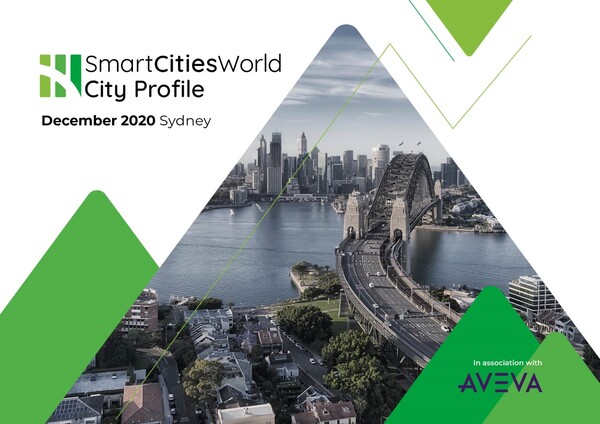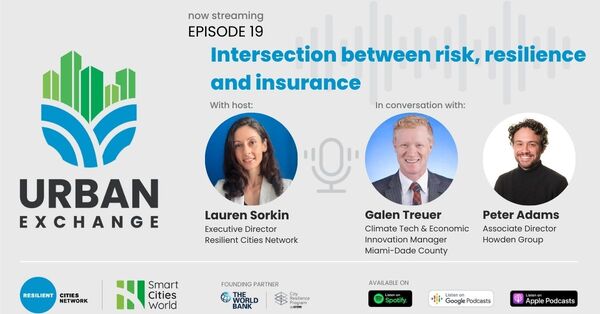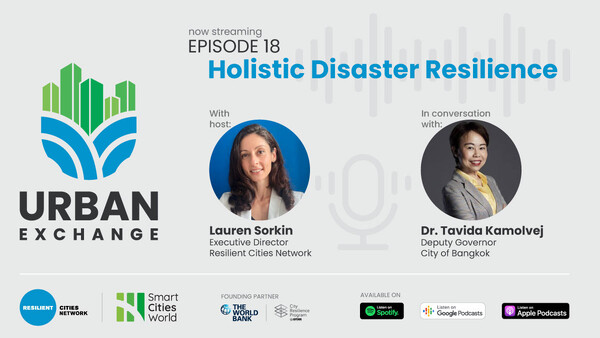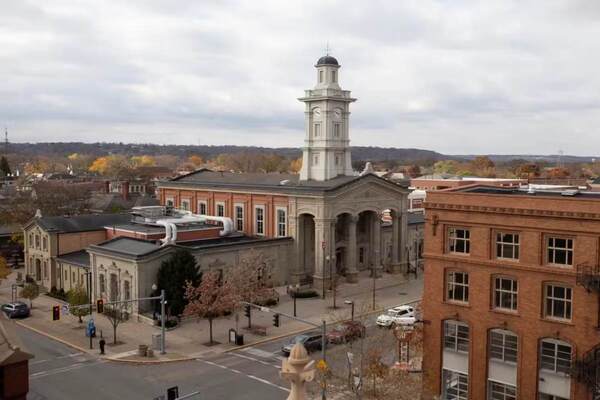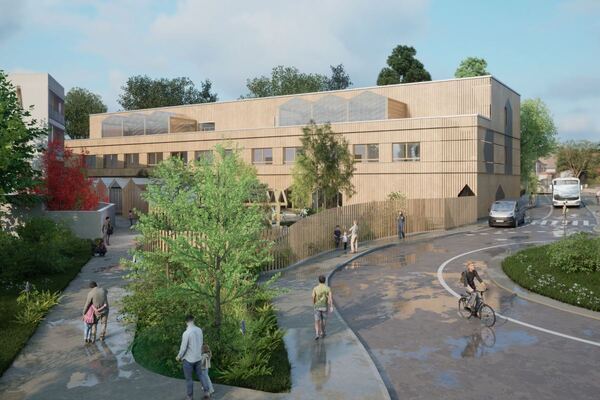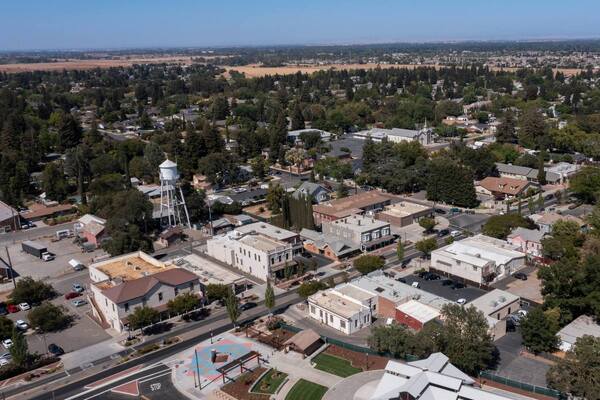Special Reports
SusHi Tech Tokyo 2024: experience ‘Tokyo 2050’ todaySponsored by The SusHi Tech Tokyo 2024 Showcase Program Executive Committee
Facebook opens data for research into social media’s impact on elections
Facebook is opening its data to selected researchers to try and better understand social media’s impact on democracy.

More than 60 researchers from 30 academic institutions in 11 countries will get access to Facebook’s data to carry out research into the effect social media has on elections and democracy.
The researchers will be able to see information such as:
- the popularity of news items and other public posts across the platform
- data on ads related to politics in the US, UK, Brazil, India, Ukraine, Israel and the EU
- a data set on URLs that have been shared publicly on Facebook by at least 100 unique Facebook users. This dataset includes the URL link and information on the total shares for a given URL, a text summary of content within the URL, engagement statistics such as the top country where the URL was shared, and information related to the fact-checking ratings from our third-party fact-checking partners.
According to reports, the data which will be opened up spans from January 2017 to February 2019, meaning it won’t cover the site’s impact on the US presidential election in 2016, or on the Brexit referendum in the UK in the same year.
When Facebook launched the research initiative in April 2018, it said: “We think it’s an important new model for partnerships between industry and academia. The last two years have taught us that the same Facebook tools that help politicians connect with their constituents — and different communities debate the issues they care about — can also be misused to manipulate and deceive.”
Privacy
Unsurprisingly, Facebook, which has more than 1.5 billion users per day, is keen to stress the independence of the research and the privacy protections around the data. The company is trying to repair its reputation following controversies around data privacy, security and its potential role in elections.
Facebook has more than 1.5 billion users per day.
Proposals were selected via Social Science One and the Social Science Research Council (SSRC), with no input from Facebook.
Further, on privacy, Facebook says: “We’ve begun building a first-of-its-kind data sharing infrastructure to provide researchers access to Facebook data in a secure manner that protects people’s privacy. We’ve consulted with some of the country’s leading external privacy advisors and the Social Science One privacy committee for recommendations on how best to ensure the privacy of the data sets shared and have rigorously tested our infrastructure to make sure it is secure.”
This has included building a process to remove personally identifiable information from the data set and only allowing researcher access to the data set through a secure portal that leverages two-factor authentication and a VPN.
Data ownership
However, despite these efforts, Francesca Bria, Chief Technology and Digital Innovation Officer, Barcelona, suggested that an important point may have been missed.
“This dataset belongs to citizens, not to Facebook! That’s why we need privacy, security, ethics by design and we need clear governance rules to take back democratic control, treat data and AI as public goods and enforce data sovereignty for citizens,” she tweeted.
This dataset belongs to citizens, not to Facebook!
— Francesca Bria (@francesca_bria) April 30, 2019
That's why we need privacy, security, ethics by design and we need clear governance rules to take back democratic control, treat data & AI as public goods & enforce data sovereignty for citizens. https://t.co/KZEWp8l0cx
Barcelona is one of the founding members of the Cities Coalition for Digital Rights which aims to create policies, tools and resources to promote and protect resident and visitor rights online.
You might also like:





